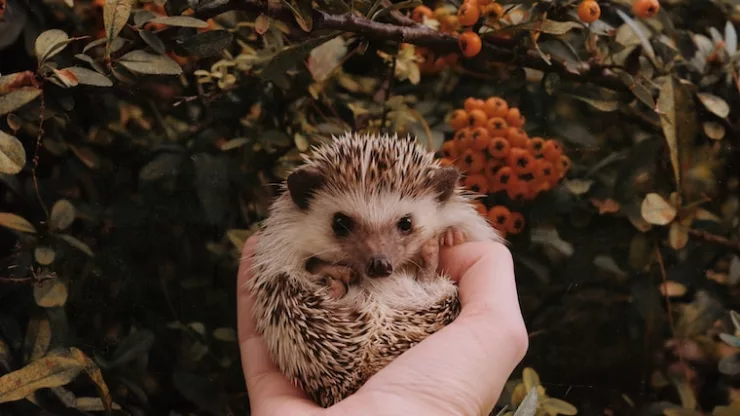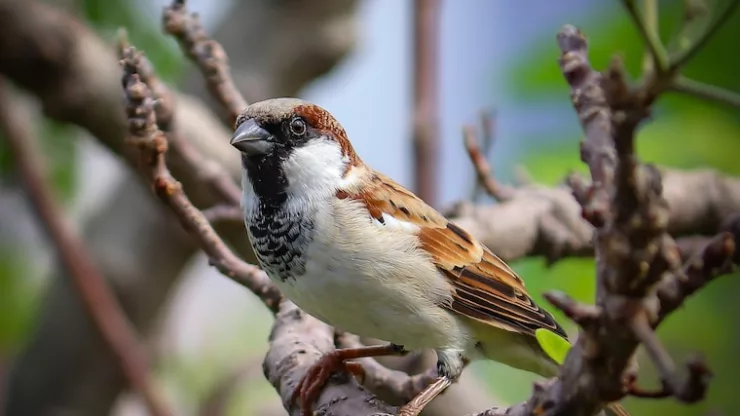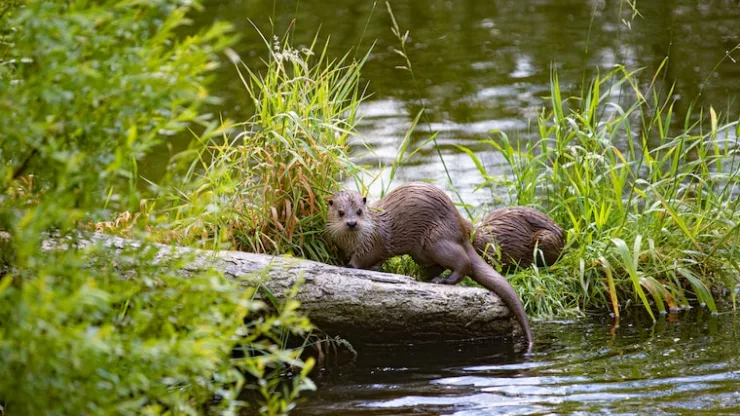Hedgehogs are fascinating creatures that have captured the hearts of many with their prickly exterior and cute waddles.
While it’s common knowledge that these spiny mammals love to feast on insects, did you know that their diet also changes depending on where they live?
This fun investigation delves into the secret diet of city hedgehogs and how we can support their conservation.
Jump to Section
Introduction
Hedgehogs are found in a variety of habitats, including forests, meadows, and even cities.
These creatures are omnivores and are known to consume a wide range of foods, including invertebrates, small mammals, and plants. However, their diet can change depending on where they live, especially in urban environments.
The Fascinating World of City Hedgehogs
Hedgehogs are common in many cities around the world, including London, New York, and Paris.
Despite their urban surroundings, hedgehogs are still able to thrive in these environments, thanks to their ability to adapt to different habitats and food sources.
What Do City Hedgehogs Eat?
An Overview of Hedgehog Diet
Hedgehogs are omnivorous, meaning that they eat both plant and animal-based food. Their diet primarily consists of insects such as beetles, caterpillars, and slugs.
They also consume small mammals such as mice, shrews, and voles. In addition, hedgehogs have been known to eat fruits, vegetables, and eggs.
Investigating the Secret Diet of City Hedgehogs
Hedgehogs in urban environments have a more varied diet than their rural counterparts.
In cities, they have access to a wider range of food sources, including human food waste.
However, this can also be a problem, as some of the food they consume can be harmful to their health.
The Role of Insects in Hedgehog Nutrition
Insects are a vital part of the hedgehog’s diet, providing them with the protein and nutrients they need to survive.
Insects are also an essential source of hydration, as many of them contain high levels of water.
The Impact of Human Habits on Hedgehog Diet
Human activities can have a significant impact on hedgehog diet and nutrition.
For example, the use of pesticides in gardens can reduce the number of insects available for hedgehogs to eat.
Similarly, the presence of litter and food waste can lead to hedgehogs consuming harmful substances such as plastic and chocolate.
How to Attract Hedgehogs to Your Garden
Tips for Creating a Hedgehog-friendly Habitat
Creating a hedgehog-friendly garden is a great way to support the conservation of these creatures.
Some tips for creating a hedgehog-friendly habitat include:
- Providing shelter such as log piles, hedgehog houses, or compost heaps.
- Creating a hedgehog highway by cutting a small hole in your fence to allow hedgehogs to move freely between gardens.
- Planting a variety of native plants and flowers to attract insects and other prey.
Providing Food and Water for Hedgehogs
Providing food and water for hedgehogs can also help to support their conservation. Some tips for providing food and water include:
- Leaving out a bowl of fresh water each night.
- Providing a hedgehog-friendly food such as cat food or hedgehog food.
- Avoiding harmful foods such as milk, bread, and mealworms.
Avoiding Common Pitfalls in Hedgehog Care
While providing food and water for hedgehogs is important, it’s also essential to avoid common pitfalls in hedgehog care. These include:
- Avoiding the use of pesticides and herbicides in your garden.
- Checking bonfires and compost heaps before lighting or turning them to ensure no hedgehogs are inside.
- Avoiding handling hedgehogs unless necessary, as they can become stressed and may carry diseases.
Conclusion
The Importance of Understanding Hedgehog Diet in Urban Environments
Understanding the diet of city hedgehogs is crucial for supporting their conservation.
By creating hedgehog-friendly habitats and providing food and water, we can help to ensure that these creatures continue to thrive in urban environments.
Taking Action to Support Hedgehog Conservation
There are many ways to take action to support hedgehog conservation, from volunteering with local wildlife organizations to creating hedgehog-friendly habitats in your garden.
By working together, we can help to ensure that these fascinating creatures continue to be a part of our urban landscapes.
FAQ
What should I do if I find a hedgehog in my garden?
If you find a hedgehog in your garden, the best thing to do is to leave it alone. Hedgehogs are shy creatures and may become stressed if handled.
If you’re concerned about the hedgehog’s welfare, you can contact your local wildlife rescue organization for advice.
What should I feed hedgehogs?
Hedgehogs should be fed a diet that is high in protein and low in fat. Suitable foods include cat food, hedgehog food, and mealworms.
Avoid feeding hedgehogs milk, bread, and other harmful foods.
How can I make my garden hedgehog-friendly?
To make your garden hedgehog-friendly, you can provide shelter such as log piles and hedgehog houses, create a hedgehog highway, and plant a variety of native plants and flowers to attract insects and other prey.
You can also provide food and water for hedgehogs, as long as you avoid harmful foods and ensure that the water is fresh each night.
I’m a nature enthusiast and creator of Metro Wilds and have spent years exploring the great outdoors.
With a passion for environmental conservation and sustainability, I have dedicated my career to writing about the beauty and wonders of nature, as well as the threats facing our planet.
Contact me at [email protected] for assistance.





